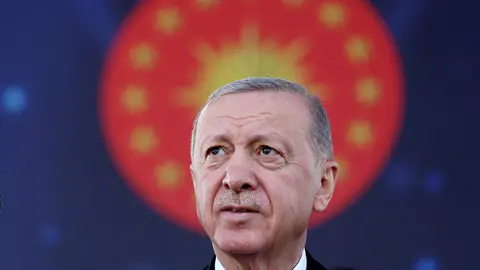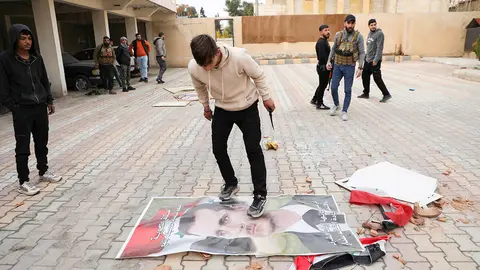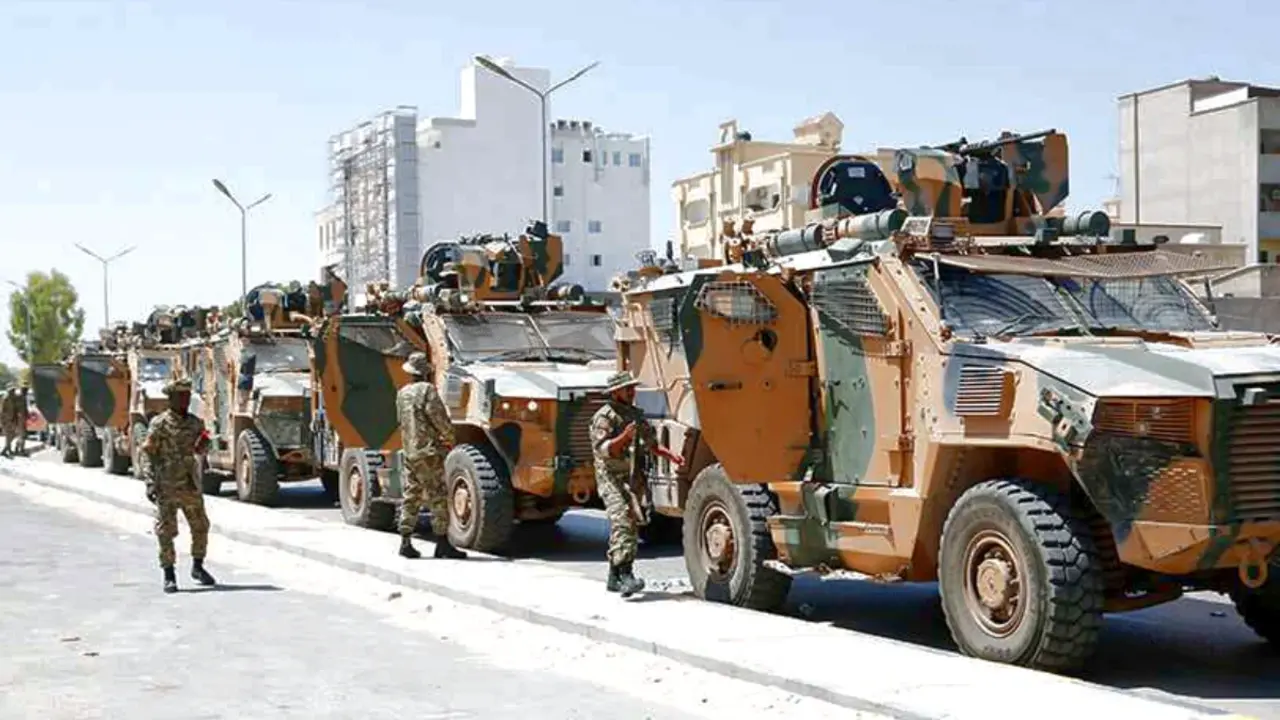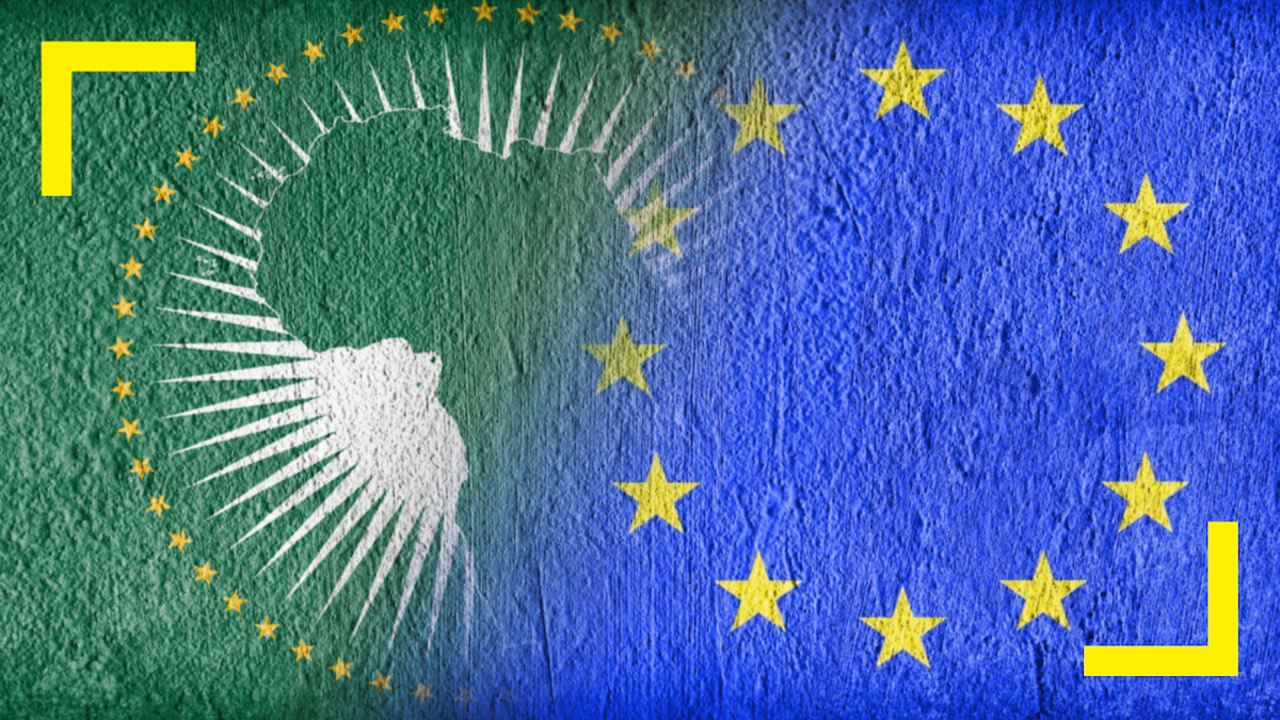Israel attacks military positions in southern Syria
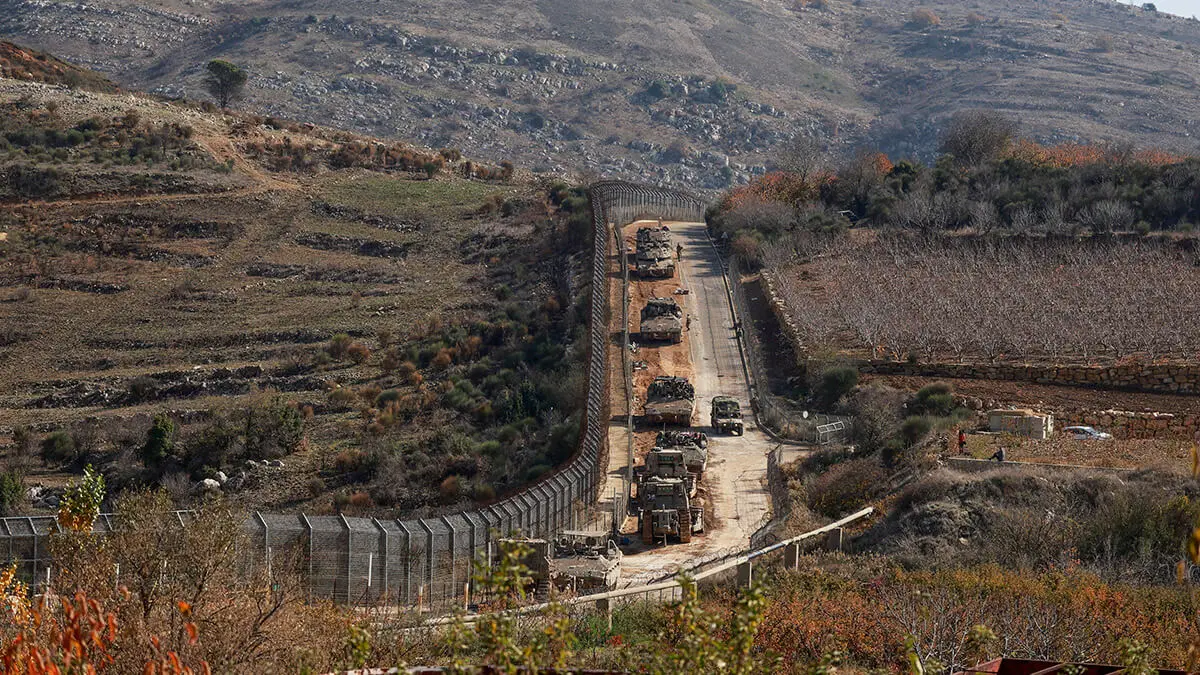
Israel has carried out several air strikes against military targets in Kiswah, south of Damascus, as well as in the southern province of Deraaa, a few days after the Prime Minister, Benjamin Netanyahu, demanded the complete demilitarisation of southern Syria.
The Israeli Defence Minister, Israel Katz, has confirmed these attacks, warning that Israel ‘will not allow southern Syria to become southern Lebanon’. ‘Any attempt by Syrian regime forces and the country's terrorist organisations to establish themselves in the safe zone in southern Syria will be met with fire,’ he added.
In a statement, the Israeli army said the target of the attack was military positions in southern Syria, “including command centres and multiple sites containing weapons”.
‘The presence of military forces and assets in the southern part of Syria poses a threat to the citizens of Israel. The Israel Defense Forces will continue to operate to eliminate any threat to the citizens of the State of Israel,’ the statement said.
For its part, the Syrian Observatory for Human Rights reported that Israel carried out ‘a series of attacks on military installations in the Damascus countryside’ that resulted in at least four deaths.
Hours before the Israeli attacks, the Syrian authorities condemned the Israeli incursion into the containment zone, demanding the withdrawal of its forces from Syrian territory. The statement was issued at the close of a national dialogue conference, which brought together hundreds of Syrian activists and leaders to plan the country's political transition after the fall of the Bashar Al-Assad regime.
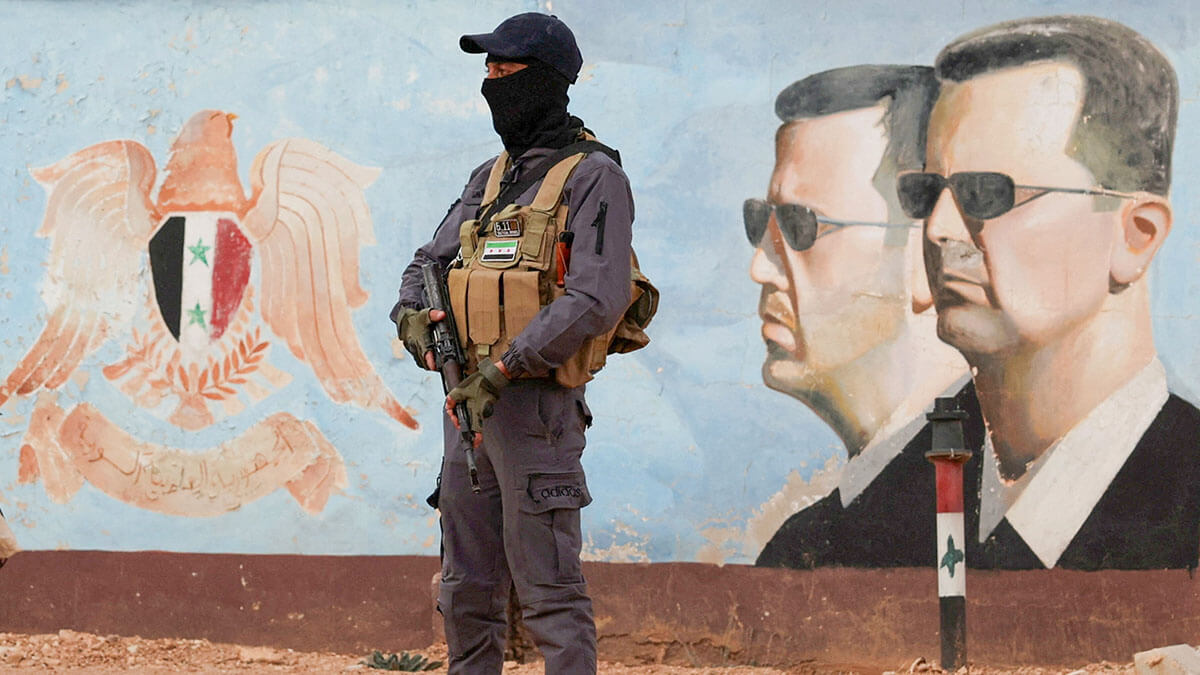
The new government in Damascus accused Israel of violating Syria's sovereignty and called on the international community to put pressure on Jerusalem to ‘stop the aggression’.
Shortly after these attacks, citizens in Damascus and Homs took to the streets to protest against ‘Israeli actions in southern Syria and the attempt to divide the country’. Similarly, as reported by Ynet, the demonstrators called on the new Syrian government to bomb Tel Aviv.
Following the Syrian rebel offensive led by the Islamist opposition group Hayat Tahrir al-Sham, which overthrew Al-Assad on 8 December, Israeli forces entered the United Nations buffer zone between Israel and Syria. Since then, the troops have remained in the area, despite protests from the new Syrian government and the UN, which is responsible for supervising the demilitarised zone between the two countries.
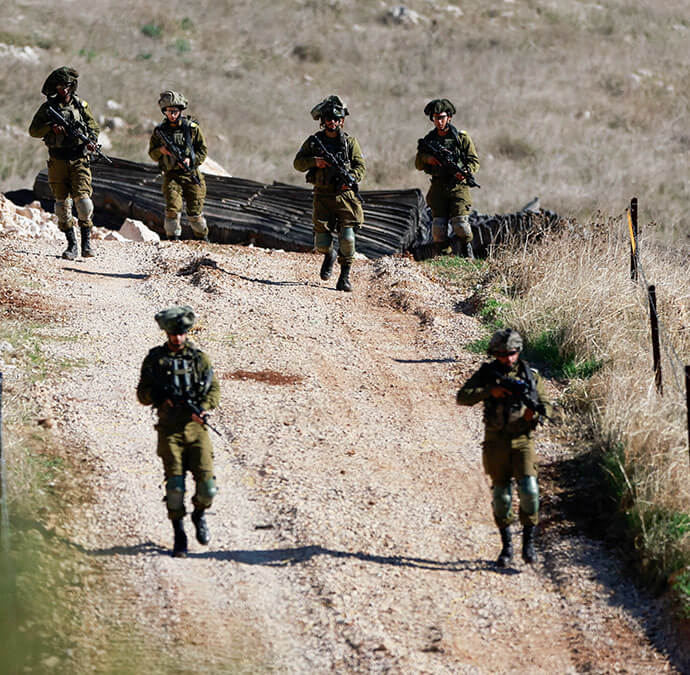
Likewise, in the weeks following the fall of the Syrian regime, the Israeli Air Force carried out hundreds of attacks on Syrian weapons depots, chemical weapons laboratories, naval bases and military infrastructure, with the aim of preventing the weapons from falling into the hands of Islamist rebels. However, since the beginning of the year, Israeli bombing in Syria has mostly ceased.
According to the Syrian Observatory for Human Rights, Israeli forces have attacked Syria 16 times this year. Most of the attacks were carried out by the air force and two were ground attacks.
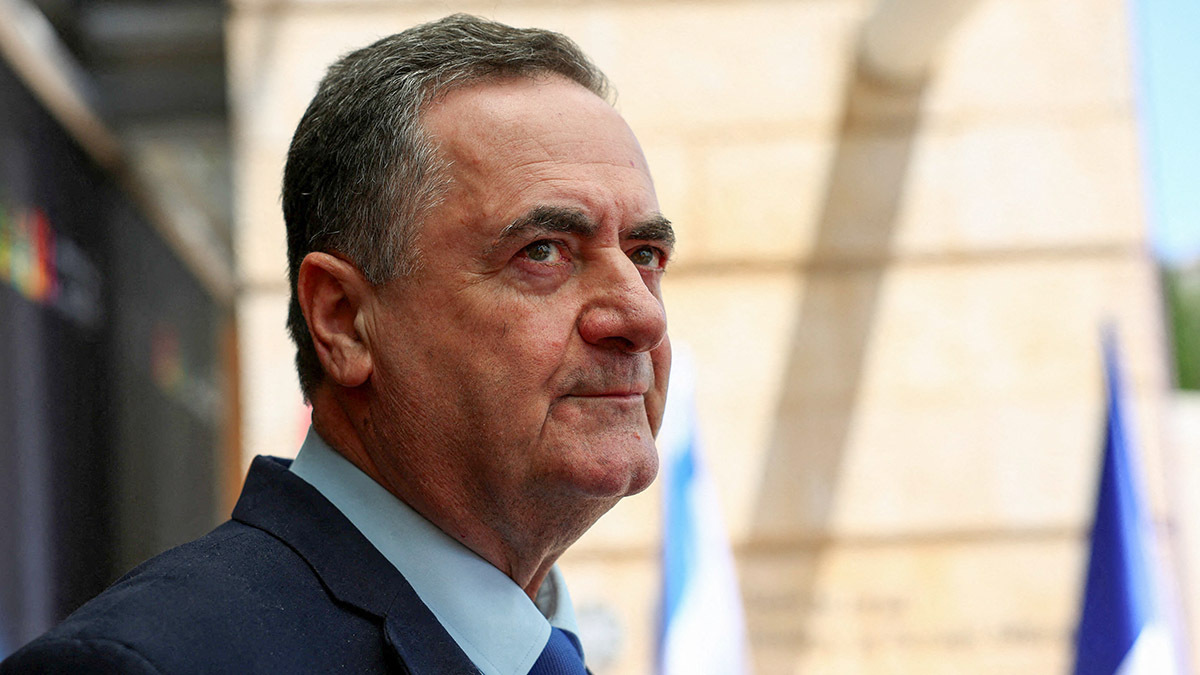
Before the fall of Al-Assad, Israel attacked Iranian targets in Syria and intercepted arms transfers destined for Hezbollah in Lebanon. Although the Lebanese Shiite militia and the forces backed by Tehran left Syria before the collapse of the regime, Israel maintains its distrust of the country's new rulers. In fact, the Israeli Minister of Foreign Affairs, Gideon Sa'ar, has described them as a ‘jihadist and Islamist terrorist group’.
On the other hand, the Israeli army also confirmed an attack in Lebanon directed against individuals it identified as Hezbollah militants, who, it said, were operating in a weapons production and storage facility. The Lebanese Ministry of Health, which does not distinguish between civilians and combatants, reported the deaths of two people.
Since the 7 October 2023 Hamas attack, which triggered the war in Gaza and increased regional tensions, Israel has been fighting on multiple fronts. This attack also prompted Hezbollah to begin launching missiles and drones into northern Israel in solidarity with Hamas. Despite Israel and Lebanon signing a ceasefire agreement at the end of November, Israel has continued to attack Hezbollah targets in the neighbouring country.

